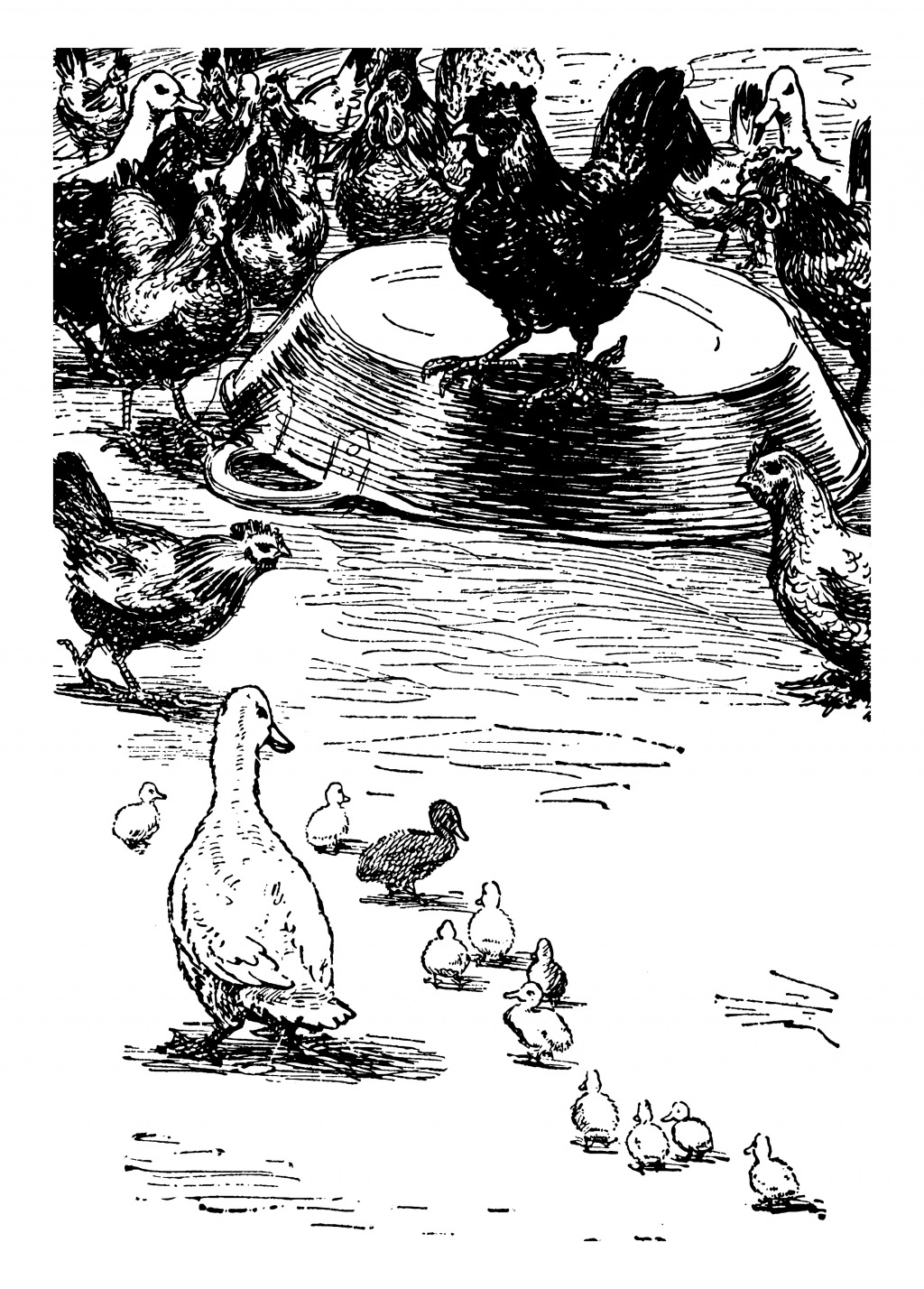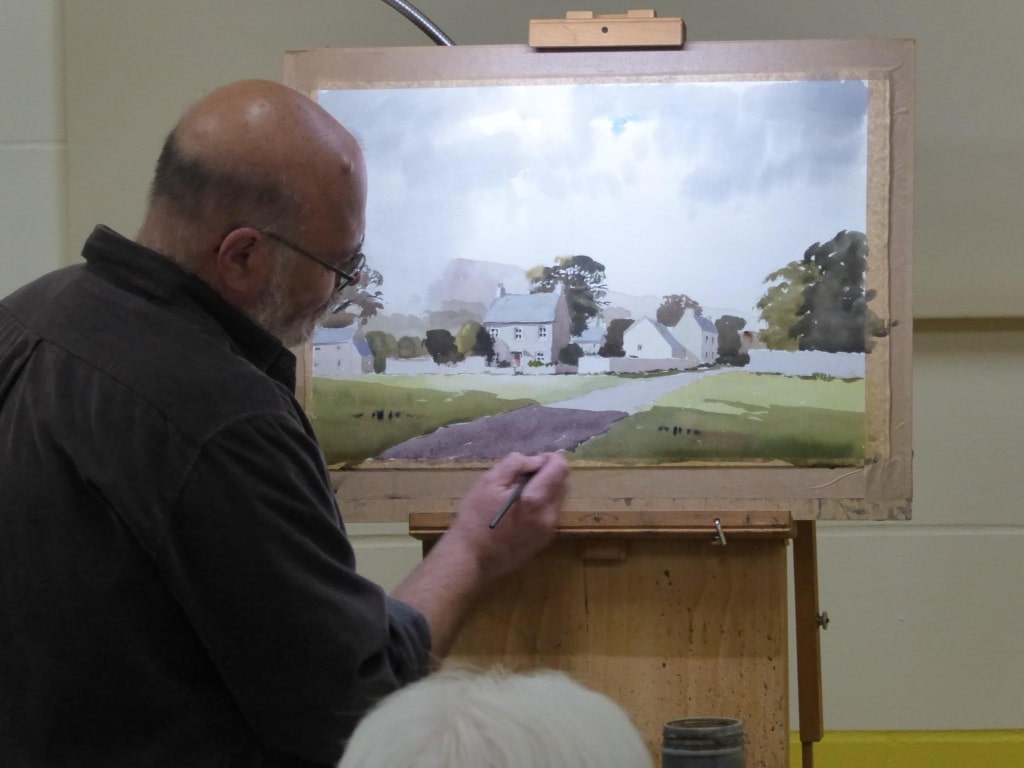You know how you can be getting on with your day, and then you randomly remember something mortifying that you did years ago? And it makes you freeze and cringe for a split second? That happens to us all more than we admit in polite company. In my case, it is not always stuff I did years ago – it can also be stuff I did last week.
For instance, I made a recent – and mortifying – faux pas when meeting some uni friends for lunch in Edinburgh. (The context for this is my misunderstanding of the phrase “I got stood up”. I have since learned that this typically means, “my romantic date didn’t show up.” However, I always thought it was a generic phrase for anyone not showing up to an arrangement. I was wrong.)
I had arranged a lunch date with my two mates, Anna and Tom, a couple I know from university. When we met, Anna was starving and – she would freely admit herself – showing increasingly unmissable signs of ‘hanger’. So we needed to find somewhere pronto. The only problem was that it was Edinburgh’s heaving lunch hour, and virtually all the cafés within a mile’s radius were full. In the interest of being able to hear ourselves speak, we did not want anywhere too buzzing.
I left Anna and Tom queuing at Nando’s – just in case we needed that as a last resort – and went hunting for other less busy cafés alone. I found one that was virtually empty (probably, in hindsight, because it was a bit grotty), and, hunger-blind to the grottiness, triumphantly texted Anna saying, “I’ve found somewhere!” Then she took one look at it online and said no.
The trouble was, the waiters had already sat me down. Cursing my friends for being both beggars and choosers (although, as said, I completely empathise in hindsight), I handed the menu back over, and – for some reason – said, “nah, don’t worry, I’ve been stood up.” I meant that my friends wouldn’t be turning up. But the staff members took it to mean what it usually means. They reacted sympathetically, and attempting to rectify the mistake, I fumbled my words even more and said, “it’s not like that – there are two of them!” (!!!)
I don’t know what kind of ‘date’ they thought I had planned, but I left before I could do any more damage.
Of course, sometimes what you think is a faux pas is not interpreted that way at all by the other party. I remember being mortified in Year 8 after an interaction with one of my French teachers in the street. I got on brilliantly with this teacher, and so have no idea why I did what I did next. Instead of saying “hello, how are you?”, I just went “à jeudi – au revoir!” and scuttled off. (Maybe I was late for something. Usually my tutors can barely get rid of me.)
I apologised for walking away so abruptly in the next class, upon which she gave me an amused admonishment for overthinking stuff. Promising to speak more the next time I saw her, she then said, “honestly, I’d rather you just walked away.”
Still, it is possible to overthink one’s behaviour. Since starting university, I read, reread and overanalyse my emails constantly – both before and after they have been sent – out of terror that something might be misconstrued. I remember emailing one of my favourite professors to arrange an office hour, to which she said, “that’s great – just note I’ve changed offices”, and I wrote back, “That’s great about the office change! I hope it’s an improvement from your last room.”
I then panicked. “Oh god,” I thought, “what if she thinks I’m being a diva? As if I’m saying, ‘thank goodness you’ve moved darling, your last one was so frightfully drab…”
I sent an immediate follow-up: “That is to say, I hope it is an improvement for YOUR purposes!”
But, of course, the world did not come crashing down. This stuff can feel terrifying in one’s own head – but often, it is just in our own heads. 99% of the time, people do not care. We can afford to chill out.















